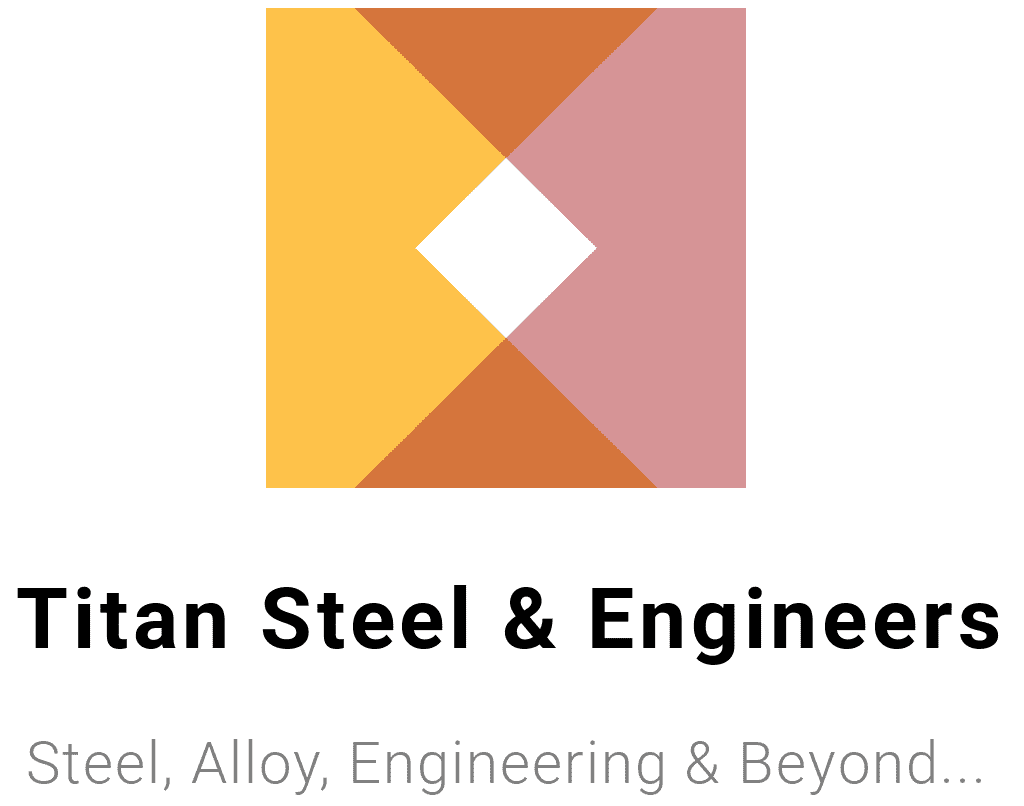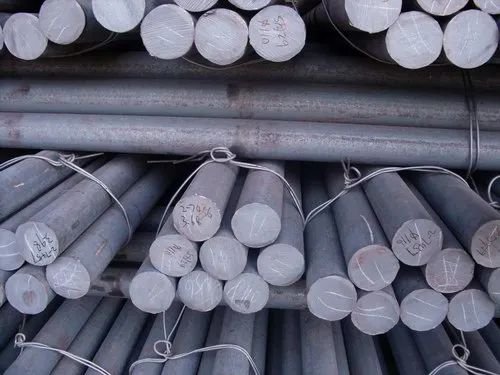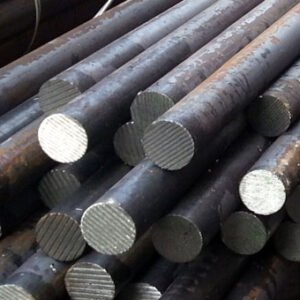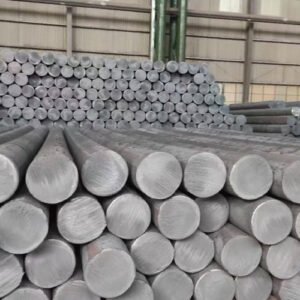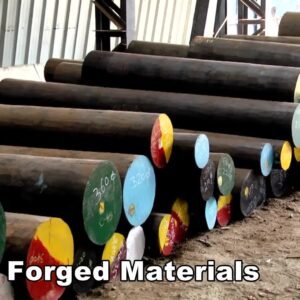Description
C60 Steel: Explanation, Applications, and Grades
Introduction to C60 Steel:
C60 is a high-carbon steel grade under the EN 10083-2 standard with a carbon content ranging from 0.57% to 0.65%, which offers excellent hardness and strength after heat treatment. Known for its high wear resistance and ability to maintain structural integrity under mechanical stress, C60 steel is ideal for applications requiring high strength, toughness, and surface durability. The high carbon content enables C60 to achieve higher hardness compared to medium-carbon steels, though it has limited ductility and weldability, typically requiring pre- and post-heat treatment to address welding challenges. C60 is often heat-treated by quenching and tempering, further enhancing its wear resistance and surface hardness.
Properties of C60 Steel:
C60 steel provides excellent hardness and tensile strength after quenching and tempering, making it suitable for applications involving high stress and wear. Its composition includes high carbon, a small amount of manganese, and trace elements to improve strength and hardenability. C60 offers moderate toughness, but its high carbon content means it is generally not used for applications requiring extensive bending or forming. However, C60 steel’s performance can be enhanced through various hardening processes, which makes it versatile for demanding environments where wear resistance is crucial.
Applications of C60 Steel
- Machine Components and Tooling:
C60 is ideal for manufacturing machine components, such as shafts, gears, and other moving parts that are subject to high stress. It provides durability and resistance to wear, making it suitable for parts that need to maintain their structural integrity under constant use. - Automotive and Engine Parts:
C60 steel is used for making critical automotive parts, including crankshafts, camshafts, and connecting rods. The high carbon content provides the strength and hardness required to handle the extreme conditions of engine and transmission systems. - Agricultural and Construction Equipment:
C60 steel is widely used in agricultural machinery for components such as plowshares, tiller blades, and other parts that encounter abrasive materials. The steel’s hardness and wear resistance help it withstand soil, rocks, and vegetation. - Tool Manufacturing:
C60’s edge retention and toughness make it a preferred material for making tools like hammers, chisels, and cutting edges, where durability and resistance to deformation are essential. - Forged Parts and Heavy-Duty Fasteners:
Forged C60 steel is commonly used in parts that need high mechanical strength, such as bolts, nuts, and pins. These components benefit from C60’s tensile strength and resistance to fatigue, especially in applications with repeated loading and unloading. - Structural and Engineering Applications:
Due to its strength and hardness, C60 is used in various structural applications, including support beams, rods, and other load-bearing components that require high tensile strength and resistance to wear.
Grades of C60 Steel and Their Properties
| Grade | Material Type | Common Applications | Properties |
|---|---|---|---|
| C60 | High Carbon Steel | Automotive parts, machine tools, shafts | High hardness, tensile strength, good machinability |
| C60E | Quenched and Tempered Carbon Steel | Gears, axles, high-wear components | Enhanced hardness, excellent wear resistance |
| AISI 1060 | Equivalent High Carbon Steel | Tooling, machinery parts | Similar hardness, high toughness |
| CK60 | High Purity Carbon Steel | Agricultural machinery, structural parts | Uniform hardness, durable in abrasive conditions |
| S60C | Japanese Standard High Carbon Steel | Engine parts, construction fasteners | High surface hardness, moderate machinability |
| DIN 1.1221 | European Standard High Carbon Steel | Forging, heavy-duty equipment | Increased tensile strength, high toughness |
| EN9 | Medium/High Carbon Engineering Steel | Engineering, heavy-duty applications | Strong toughness, can be heat treated effectively |
| EN8D | Medium Carbon Engineering Steel | Agricultural and industrial components | Moderate hardness, improved weldability |
Key Benefits of C60 Steel
- Exceptional Hardness and Wear Resistance: C60’s high carbon content provides excellent hardness, making it resistant to abrasion, which is ideal for components exposed to high wear.
- High Tensile Strength: C60 offers substantial tensile strength, which makes it valuable for applications with high mechanical loads.
- Enhanced Machinability: Although hardening reduces machinability, C60 can be machined in its annealed state for precise component manufacturing.
- Suitability for Heat Treatments: C60 responds well to heat treatments like quenching and tempering, which allow for custom hardness and strength adjustments based on application needs.

